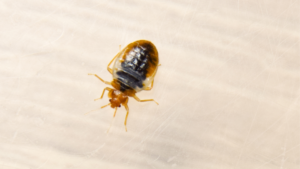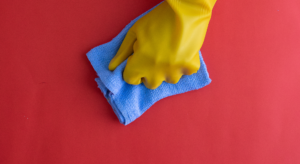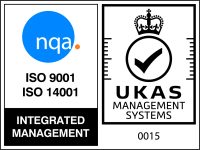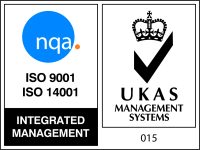Humans are home to trillions of microorganisms. We shed them on everything we touch, and pick up bacteria left behind by others.
High-touch areas receive this bacteria more than anywhere else, because they are touched more frequently. These surfaces call for an action plan to ensure they’re cleaned and disinfected more regularly than other areas.
You may have read the story about ‘feces’ on McDonald’s self-checkout machines. Although that story is sensationalised, it does highlight the importance of keeping high-touch areas; like self-service machines, a top priority for cleaning.
How to identify high-touch areas
You may not have the capability to take cultures of all the areas touched to determine the most infectious surfaces. Still, you can easily identify surfaces that are touched most frequently.
Conduct an assessment of your workplace to identify the surfaces that are touched with a higher frequency than the rest. You can then prioritise which areas demand the most attention in a regular cleaning schedule for staff to follow.
Examples of high-touch areas
Whether an area is high-touch or not depends mainly on the commercial environment you operate in. In busy shops, these surfaces could be self-checkout machines and trolley handles. There are, however, many high-touch surfaces that are the same across most industries. Generally, these are:
- Doorknobs
- Handles
- Switches
- Taps
- Tables
- Toilets
- Handrails
Keep an eye on these areas to determine a strategy for keeping them clean, and make sure high-touch areas that aren’t on this list because they’re unique to your business are correctly identified.
How often should you clean these areas?
First, you have to understand that you’re cleaning these areas to break the chain of infection. Highly touched areas need to be disinfected more often to achieve this. You should clean the area as often as is necessary and practically possible. Sometimes circumstances make it more challenging, but some regular cleaning throughout the day will be required. Ideally, you’ll be able to allow surfaces to dry naturally after cleaning, preventing the spread back to the towel used for drying.
Don’t just clean - disinfect
It’s essential to distinguish between simple cleaning and disinfecting. Cleaning products often only remove dirt, but disinfectants only work on clean surfaces. That’s why surfaces must be cleaned first, then disinfected. This is called the two-stage cleaning process.
For surfaces that require continual disinfecting throughout the day, it makes sense to use a product that combines a cleaning surfactant with a fast-acting disinfectant like sanitising wipes. These wipes help disinfect surfaces without carrying out the two-step process every time.
Wipes should be used alongside regular cleaning and disinfecting where possible, as they aren’t as thorough. However, they are ideal for busy environments with a fast flow of customers. Think back to self-service checkouts and doorknobs as an example.
Consider the product you use
If customers frequently touch an area, you should be aware of the product you are using to disinfect it. Some disinfectants, like bleach, are harsh enough to harm the skin and the surface it is applied to.
Be aware of the hazards and risks before using any product. Surfaces that are frequently touched or delicate may benefit from formulas that don’t contain bleach or peroxide.
Make your employees aware
Instilling frequent habits in others isn’t always easy. When you train employees on cleaning practices, emphasize the reason why cleaning is important, not just how to do it. This will help draw the dots between theory and practice. Keep your employees on-top of regular cleaning with a schedule to keeping surfaces clean and safe – and your staff responsible.
Stay prepared
It’s better to have a surplus of cleaning products than the bare minimum. Keep a healthy stock of soaps, wipes, and disinfectants to ensure your staff and customers always have the opportunity to clean up and wash their hands to further minimise the risk posed by high-touch areas.








